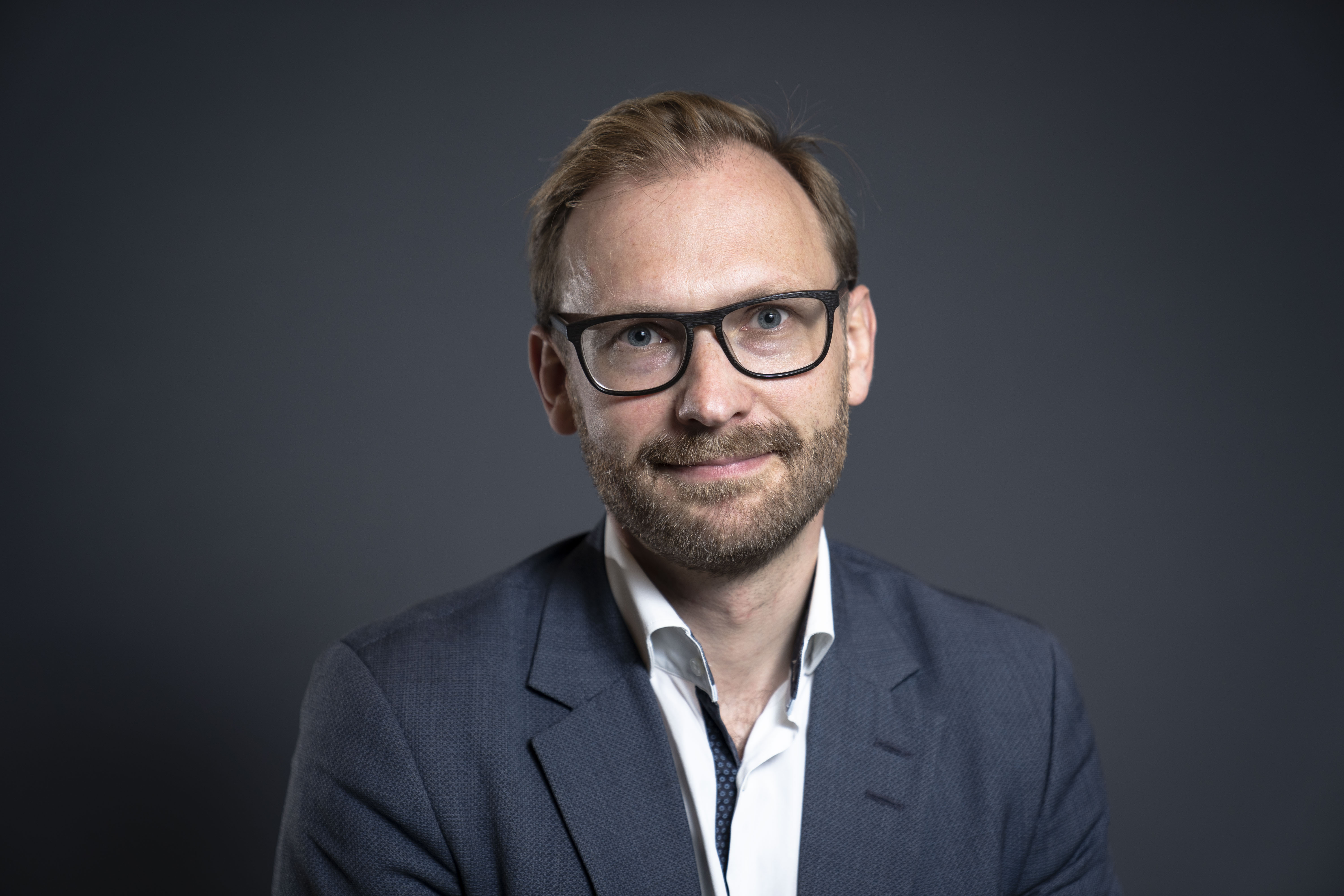Niels Valdemar Vinding
Research leader

Project title
Producing Sharia in Context
What is your project about?
This project demonstrates how sharia, framed as Islamic law, ethics and practice and observed amongst Muslims in Denmark and Europe, is substantially to be understood as a product of its context. Traditional conventions are challenges and many Muslims argue for active, living and engaged interpretations of the Divine order. Drawn from context and current ideas, intuitive and inductive perceptions of the meanings of the larger questions are changing how law, moral and practice is understood. This is seen in both liberal and neo-orthodox contexts, and it seen even amongst non-Muslims. Thus, themes like gender and equality, climate and sustainability, rights and justice as well as state and societal expectations change the meaning of the divine message. The project challenges both existing research and conventions, and demonstrates hos the social and normative forces outside Islam is changing the meaning and understanding of right and wrong.
How did you become interested in your particular field of research?
For quite a while, I have been researching Muslims in Denmark and Europe, and through several research projects demonstrated how Islamic norms and institutions are influenced by their time and context. In that, we have seen how the deeper ideals and norms - what we may call sharia - are changing, too. Islam and sharia are not static. At the same time, the existing research in the field is wanting and governing legal and political institutions in Europe are facing a critical task in the encounter with Islam, so we have important work ahead of us in collecting and communicating concrete empirical knowledge.
What are the scientific challenges and perspectives in your project?
The first major task of the project is to collect the interviews, observations, statements and texts that, taken as a whole, demonstrate how sharia is changed and challenged by its time and context. It requires methodologically strong and professionally well-based anthropological, sociological and legal studies. Next, the project challenges some of the conventions in the field - both among Muslims and researchers - and this will be an exciting and constructive conversation to unfold over the next three years.
What is your estimate of the impact, which your project may have to society in the long term?
It is a difficult but relevant conversation to speak qualified and knowledge-based about sharia and about the place and role that Muslims with right, ethics and practice have and may have in society. The research project provides a professional and present language for understanding sharia in the living and changing context that both Muslims and non-Muslims, but also Muslim, ecclesiastical and public institutions are helping to change.
Which impact do you expect the Sapere Aude programme will have on your career as a researcher?
This project brings together many of the trends and ideas that have characterized my work so far. The study of Islam, Muslims and sharia across anthropology, sociology and law is put into the framework of Danish and European understandings of state, church and religion. I have long been curious to investigate how this might unfold. It is a very promising field of study in Danish and international research, which I can now help to shape and move forward. As such, this project is also a unique chance to put my best ideas to the toughest test and see how far they may go.
Background and personal life
I am married to Kirsten Marie, who is head of political affairs the Danish Red Cross, and together we have three wonderful girls. In our lives, it is family and job that make sense, and we thrive on play and work, where there is creativity and structure in both. When the opportunity arises, we travel for the best food from all over the world, and as the old boy scout I still am, I also like to go on a wilderness trip to the woods with my tent and gear.
View all research leaders here
Research institution
University of Copenhagen, Faculty of Humanities, Department of Cross-Cultural and Regional Studies
Research field
Islamic Studies
City of your current residence
Brønshøj
High school
Virum Gymnasium
